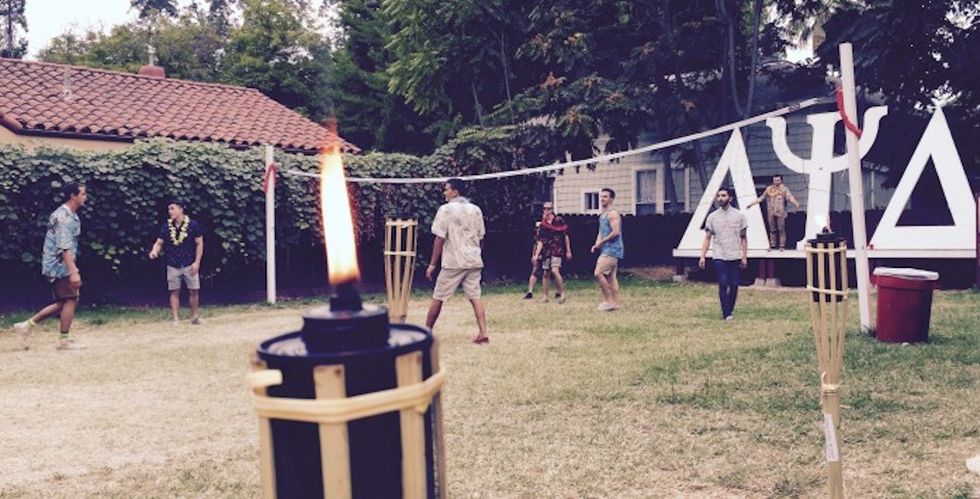Within the past year, the debate over Greek life has escalated.
Of course, Greek life has always been imprinted with the image of crazy parties and irresponsible youth, but recently the media has drawn more attention to it than it has in the past. As a member of Greek life, it deeply upsets me that these organizations fall victim to harsh criticism.
I often find myself asking what has really changed about these organizations that suddenly cause them to be at the center of attention.
What really lies at the heart of this debate is the issue of hazing.
While hazing brings a pledge class closer together, as it forces them to share common experiences, it obviously has its problems. The amount of deaths that result from excessive hazing is appalling. Death from hazing is not exclusive to this generation of college students, nor is it exclusive to big state schools. In fact, the first reported death from hazing occurred in 1838 at Franklin Seminary, a small institution.
In 2017 alone, there have been 3 hazing-related deaths across the country. Tim Piazza of Beta Theta Pi at Pennsylvania State University, Maxwell Gruver of Phi Delta Theta at Louisiana State University, and Andrew Coffee of Pi Kappa Phi at Florida State University have all died from hazing. Clearly, the problem of hazing is getting out of hand.
Other factors like binge drinking, drug use, rape allegations and discrimination have also been equated with Greek life.
Each university has been handling these problems differently. While some ignore the problem completely, others are shutting down these organizations across entire campuses. Such schools include the University of Michigan and Florida State University, among several others.
I wonder, is this the only way to combat the issues of Greek life?
Last semester, some fraternity houses at The University of Texas, including Phi Gamma Delta, Kappa Alpha and Kappa Sigma were vandalized with spray paint. The vandals left messages attacking the fraternities. The words "racists" and "rapists" were written across the houses' gates and doorways.
Just this past weekend, Sigma Alpha Epsilon was suspended at UT after receiving an anonymous tip through a non-hazing hotline, hinting that the chapter was not complying with SAE National health and safety policies. I worry that this is the beginning of the end of Greek life at my school.
While I understand where the attacks on Greek life come from, I hope that UT will find a better way to mitigate these problems than banning fraternities and sororities from campus. Members of Greek life need to take it upon themselves to draw ethical boundaries in order to keep these beloved organizations alive.
The safety and health of members have to become first priority.
As a member of Greek life, I believe we need to show more concern for our reputations.
Personally, I couldn't imagine my college life without my sorority and the fraternities I enjoy spending time at. I fear that UT will ban these organizations that I love because of the mistake of one fraternity or sorority. I know that Greek life is much more than just partying and an excuse to be irresponsible. I think we just need to show that to the world.

















